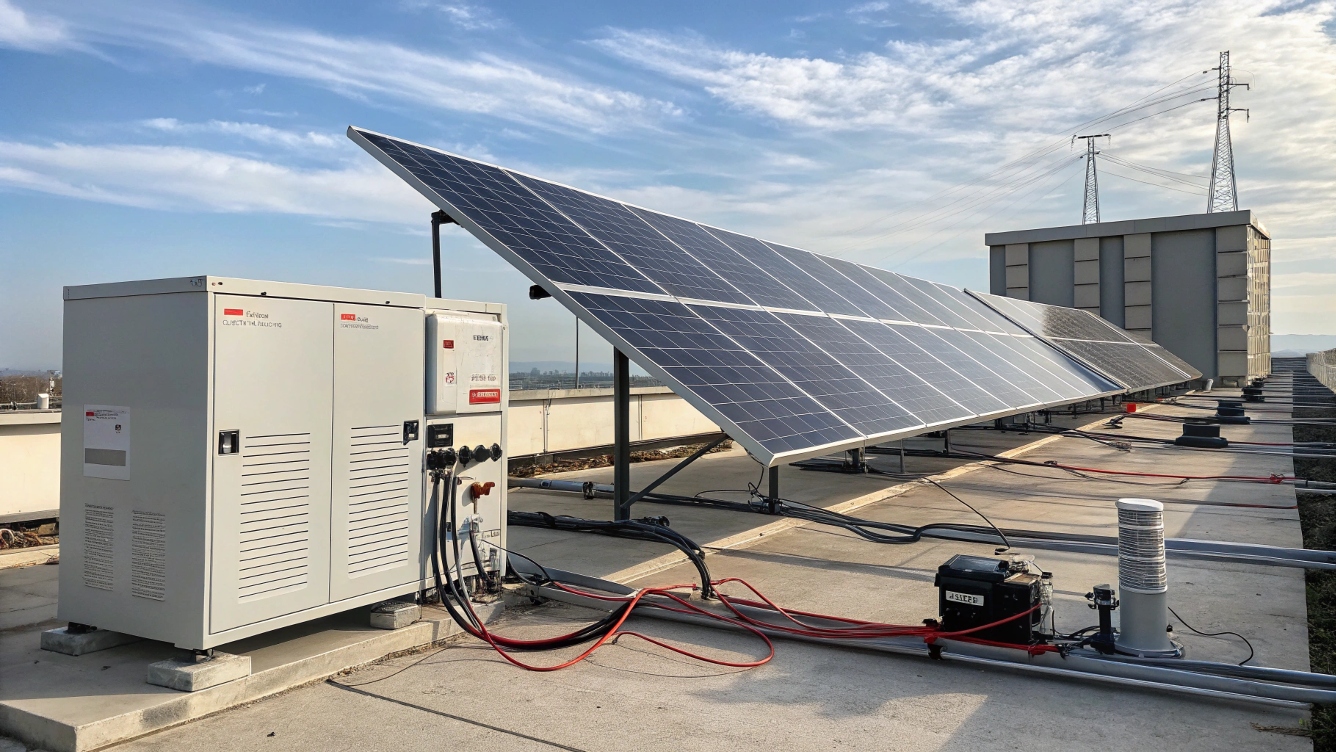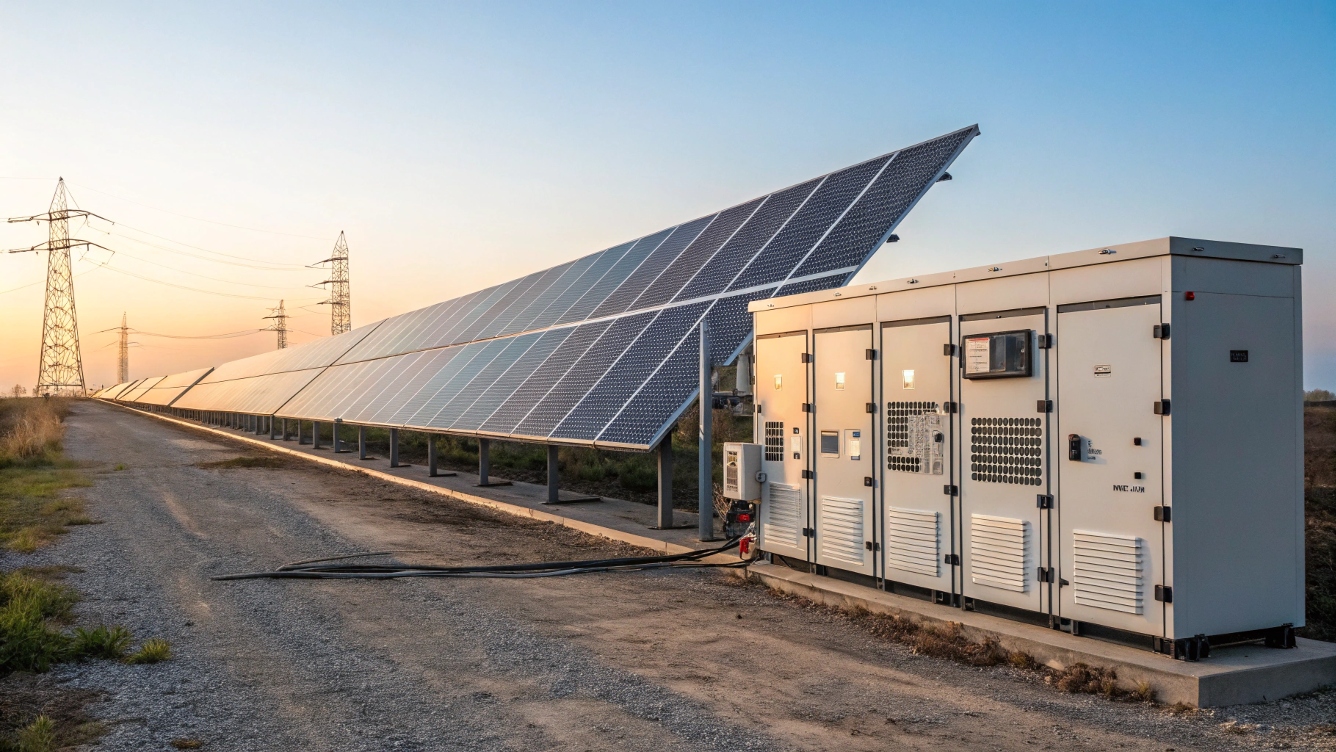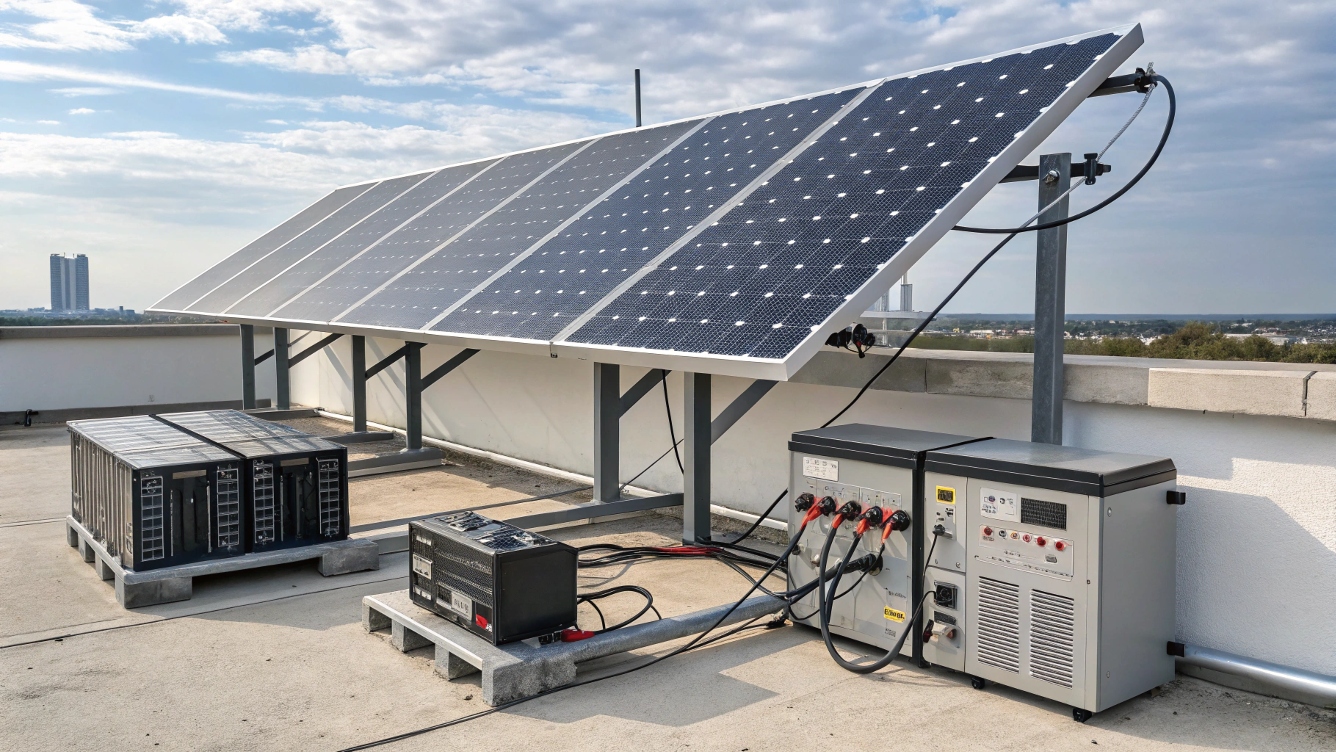
How to Connect 100-Watt Solar Panels to Achieve 48 Volts?
If you want to achieve a 48-volt output using 100-watt solar panels, you will need to connect the panels in series. In a series connection, the voltage of each solar panel adds up, while the amperage (current) remains the same. Here’s a step-by-step guide to help you connect multiple 100-watt solar panels to reach a total of 48 volts for your system.
1. Understanding Series and Parallel Connections
Before diving into the process, it’s important to understand the difference between series and parallel connections.
Series Connection: When solar panels are connected in series, their voltages add up. For example, two 12V panels in series will give you 24V, and three panels will give you 36V. In this setup, the current (amps) stays the same across all panels.
Parallel Connection: Connecting panels in parallel increases the overall current (amperage), but the voltage remains the same as a single panel. This is typically used when you need to increase the current without changing the voltage.
For achieving 48V with 100-watt panels, you will need to connect multiple panels in series to increase the voltage.
2. Achieving 48 Volts with 100-Watt Panels

Each 100-watt solar panel typically has a maximum power voltage (Vmp) of about 18 volts. To reach 48 volts, you will need to connect enough panels in series to add up to the desired voltage.
- Step-by-Step Calculation:
- A typical 100-watt panel produces around 18V (Vmp) under optimal conditions.
- To reach 48V, you need to connect at least 3 panels in series:
- 18V + 18V + 18V = 54V (which is slightly above 48V, but still within the range for most 48V systems).
So, 3 panels would be the minimum number to achieve 48-54 volts. Depending on your system’s tolerance, you may use 3 panels to reach the desired range.
3. Additional Considerations
When connecting multiple solar panels to achieve 48V, several factors should be taken into account:
Charge Controller
To ensure your solar panels safely charge your battery, you will need a charge controller. The charge controller regulates the voltage and current coming from the panels, preventing overcharging and protecting your battery.
- MPPT vs. PWM Controllers:
- MPPT (Maximum Power Point Tracking) controllers are more efficient, especially when you have higher-voltage solar arrays. MPPT controllers adjust the voltage to maximize the energy harvested from your panels.
- PWM (Pulse Width Modulation) controllers are less efficient and more suitable for smaller solar systems with lower voltage requirements.
Wiring
Make sure to use appropriate gauge wiring for your system. The higher the current, the thicker the wire needs to be to handle the amperage without overheating or causing a voltage drop.
- For systems with multiple panels, you might need a combiner box to organize the wiring and increase safety, especially if you’re working with high-voltage arrays.
Fuses
To protect your system from shorts or overcurrents, include fuses in your wiring. Fuses act as safety devices that prevent damage to your system in the event of a malfunction.
Shading and Bypass Diodes
Shading can significantly reduce the efficiency of your system. Panels with built-in bypass diodes will help mitigate performance losses caused by partial shading. If you’re connecting panels in series, consider using a combination of series and parallel wiring to minimize shading impacts.
4. How Many Panels Do I Need for a 48V System?
To charge a 48V battery, the solar array must provide a voltage that’s higher than the battery’s voltage to ensure proper charging. Here’s an example calculation for how many 100-watt solar panels you need for a 48V system:
- If you need 600 watts to charge a 48V battery, and each panel produces about 100 watts, then:
- 600W ÷ 100W per panel = 6 panels.
In this case, you would need 6 panels in total to achieve a 48V system and provide enough wattage to charge the battery effectively.
If you want to learn more about solar panel configurations and setups for larger systems, check out our complete solar solutions for both residential and commercial use.
5. Can You Get 48V Solar Panels?

While there are 48V solar panels available (such as the InstaPower 48V 200W panel), most common panels are designed to operate at 12V to 24V. If you’re looking for higher-voltage panels specifically designed for systems that require 48V, it’s important to choose a panel that’s optimized for your system’s voltage and power needs.
Conclusion
To achieve 48 volts from 100-watt solar panels, connect them in series. Typically, you’ll need 3 panels to reach the desired voltage range of 48-54V, depending on the maximum power voltage of each panel. For optimal performance, ensure you use the right charge controller, wiring, and safety precautions like fuses and bypass diodes.
For more information on solar panel setups and components for your solar system, browse our collection of solar panels, charge controllers, and solar systems.
GycxSolar provides high-quality lithium battery products and all components of solar energy systems to customers worldwide.
High quality products such as solar panels and inverters are produced. We also recommend more favorable system combination solutions to you.
At the same time, we have experts providing free design solution services.
One stop service to solve your problems, high-quality service puts GycxSolar in a leading position in the industry.
Your consultation is very welcome. The design scheme has always been highly praised and trusted, with a very stable customer base. Choosing us is a very wise choice for you.
